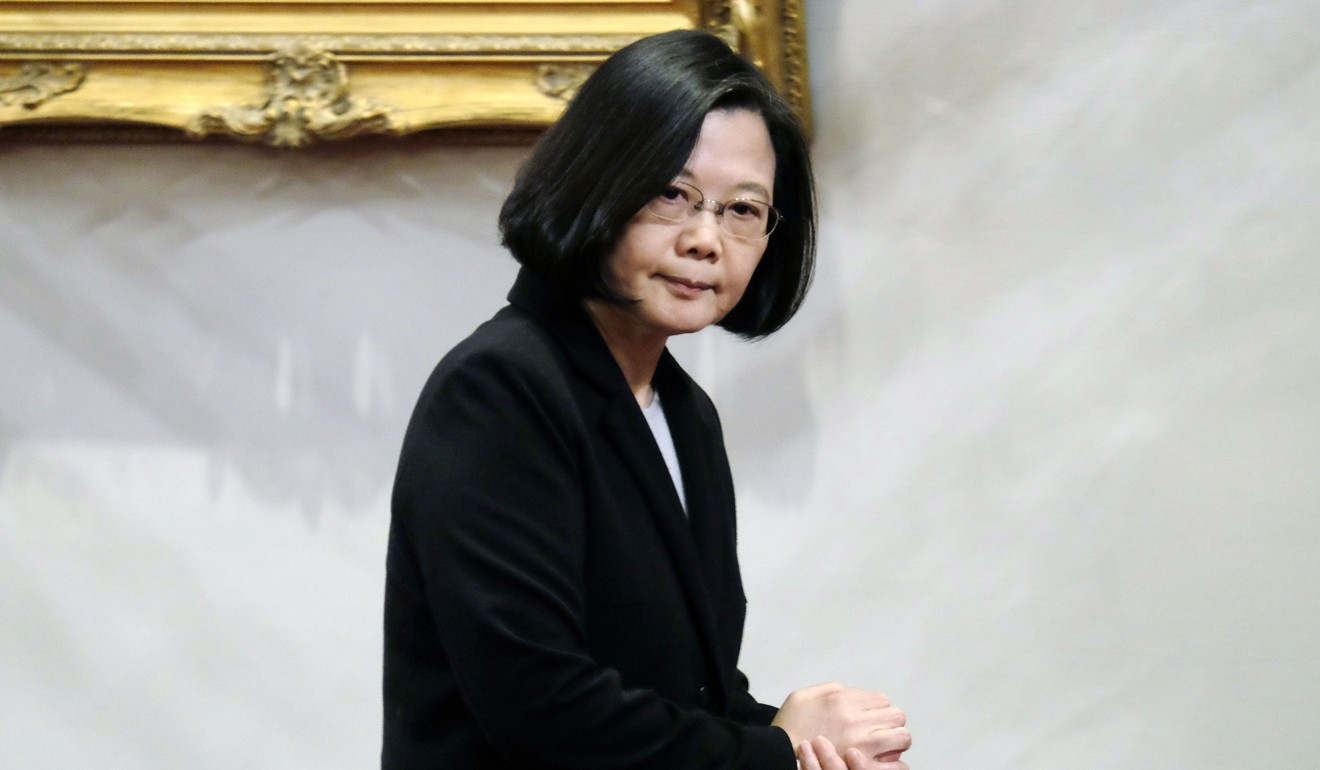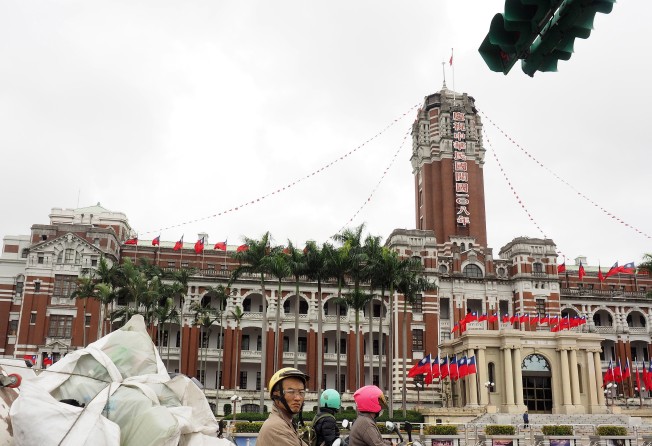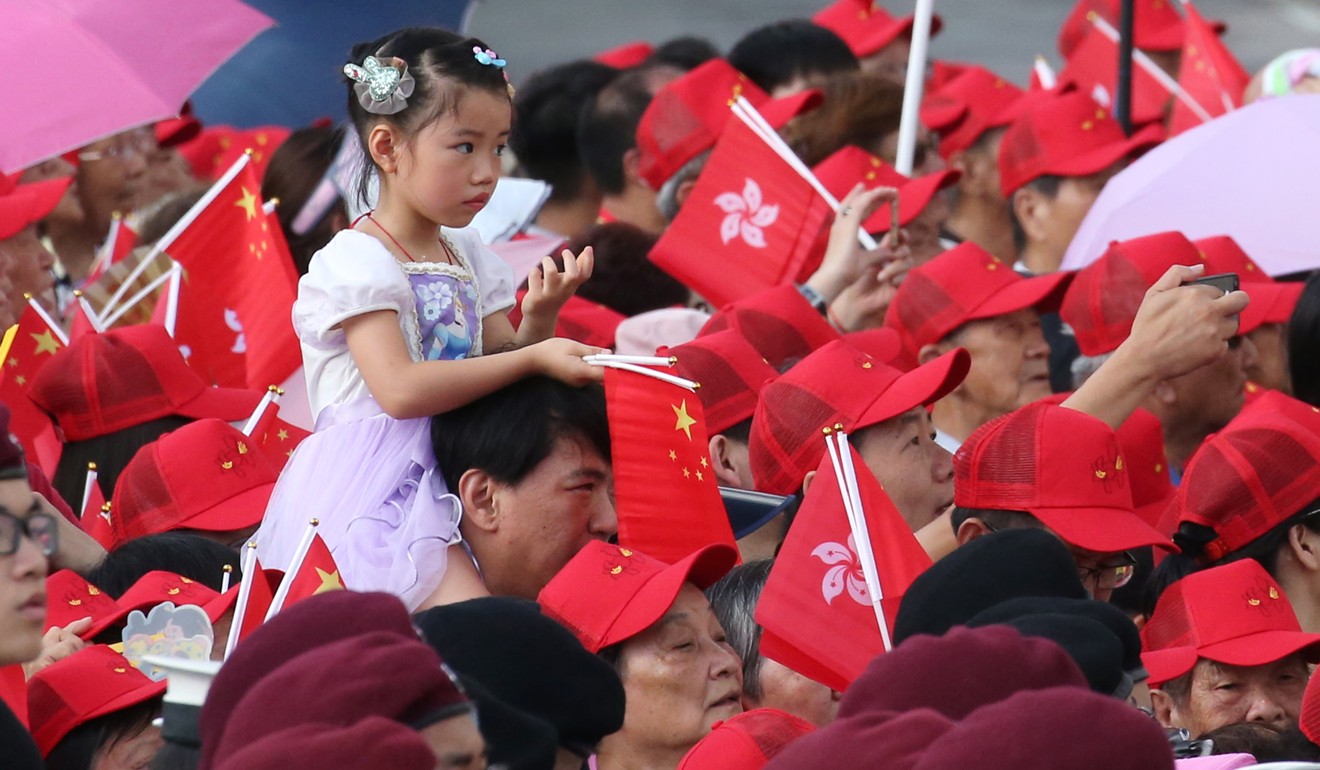
When approaching reunification with Taiwan, what lessons can Beijing learn from its experiences with Hong Kong?
- Two places are very different, and Beijing has always had two different strategies for dealing with them

Can China’s “one country, two systems” model of governing Hong Kong work for Taiwan?
There is no easily agreeable answer, given how politically polarised Hong Kong has been all these years.
But when it comes to Taiwan, the crux of the question should be this: does it necessarily mean replicating the Hong Kong model for the self-ruled island with a population of more than 25 million?
The answer is no, and the reason is simple: Hong Kong and Taiwan are so different in many ways.

One key factor is that Taiwan, under the name Republic of China, has its own long-established military, which Hong Kong never had. That would complicate its future bargaining with mainland China, and Beijing is well aware of it.
History also tells us that Beijing, from the start, already had two different strategies in mind on how to handle two thorny issues, each very different in nature: taking back the sovereignty of a colony, and pursuing a peaceful reunification with Taiwan, as long as it does not proclaim independence.
So when President Xi Jinping last week urged Taiwan to accept a ruling formula that has been implemented in Hong Kong and Macau for more than two decades, the question it raised in many people’s minds was natural: how relevant will Hong Kong be to Beijing’s next step towards its end goal regarding Taiwan?
As expected, Xi’s call triggered a new round in the war of words across the strait. Taiwanese President Tsai Ing-wen immediately dismissed it as “totally unacceptable”, while Beijing promptly accelerated its attacks on Tsai, accusing her of doing more harm to the interests of Taiwan’s people.
But, behind all the tit-for-tat talk, Taipei keeps citing Hong Kong as a bad example, while Beijing insists on holding up Hong Kong as a successful showcase.
The reality is that while Tsai is using Hong Kong as an excuse, Beijing, on the other hand, is not ready or willing at this stage to promise more to a pro-independence government.
There is no reason for Beijing, and that includes Xi, to be unaware of Taiwan’s scepticism on the Hong Kong model.
When the late paramount leader Deng Xiaoping came up with the innovative idea back in the early 1980s, he admitted this unprecedented design, and its future implementation, would be like “crossing the river by touching the stones”, but with one non-negotiable fundamental principle: there is only one China in the world.

It was for this reason that Beijing at the time firmly rejected the so called “three-legged stool” approach throughout Hong Kong’s transition arrangements – all talks were between two sovereign countries, China and Britain.
However, when Beijing later set up a consultative committee for the drafting of the Basic Law, representatives from all sectors were invited to provide insight and input for the city’s mini-constitution after the signing of the Sino-British Joint Declaration, which had decided the fate of the city.
Xi now seems to be suggesting something similar for Taiwan in mentioning the design of a negotiation mechanism to include representatives from all parties and sectors, recognising one-China instead of having the island’s ruling party alone – or Tsai and the pro-independence Democratic Progressive Party, which is currently in power.
The tactic is more than clear: Beijing is trying to kick start reunification talks by directly engaging all stakeholders except for independence advocates.
It is true that the past two decades have provided many lessons for both Hong Kong and Beijing in terms of the implementation of the one country, two systems formula that both sides need to further digest.
It is also time to reflect on the fact that Taiwan’s future, now part of Xi’s Chinese dream of national rejuvenation, is by no means just a matter of copying Hong Kong.